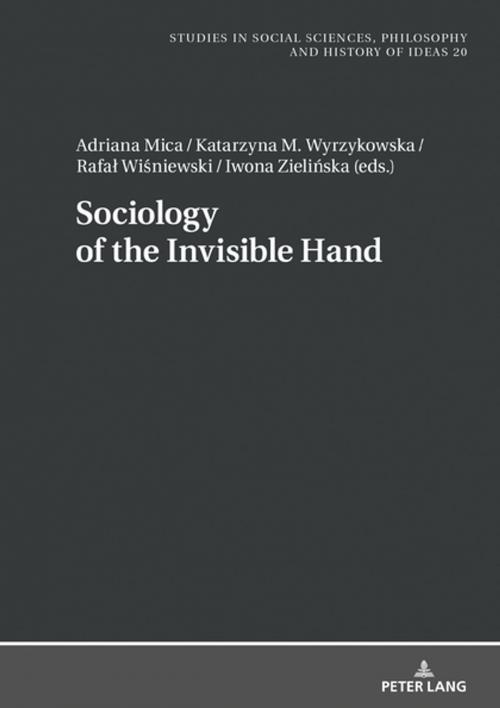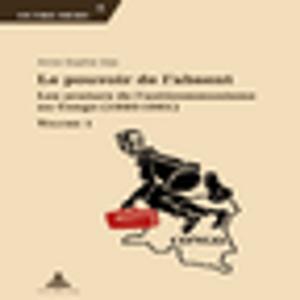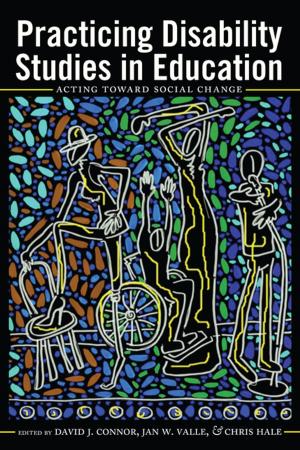Sociology of the Invisible Hand
Business & Finance, Economics, Free Enterprise, Personal Finance, Nonfiction, Social & Cultural Studies, Social Science| Author: | ISBN: | 9783631710432 | |
| Publisher: | Peter Lang | Publication: | July 16, 2018 |
| Imprint: | Peter Lang GmbH, Internationaler Verlag der Wissenschaften | Language: | English |
| Author: | |
| ISBN: | 9783631710432 |
| Publisher: | Peter Lang |
| Publication: | July 16, 2018 |
| Imprint: | Peter Lang GmbH, Internationaler Verlag der Wissenschaften |
| Language: | English |
This book illustrates the applicability of the seminal and controversial metaphor of the «invisible hand» in modern sociological theory. It shows that sociologists have long been part of a field mainly associated with economists and political philosophers. Though unlike the framing that builds directly on Adam Smith, sociological theory focuses on undesirable and perverse outcomes. Furthermore, the sociological angle favors the explanation of invisible hand-like mechanisms as contingent upon social structures and broader processes. Thus, it goes beyond its classical formulation in terms of interdependence, interaction and aggregation of individual actions.
This book gathers contributions of remarkable authors who are linked directly either with the invisible hand metaphor, with the spontaneous order phenomenon or with the unintended consequences issue and aims to describe the traditional and contemporary applicability of the sociological framing of the invisible hand for social sciences.
This book illustrates the applicability of the seminal and controversial metaphor of the «invisible hand» in modern sociological theory. It shows that sociologists have long been part of a field mainly associated with economists and political philosophers. Though unlike the framing that builds directly on Adam Smith, sociological theory focuses on undesirable and perverse outcomes. Furthermore, the sociological angle favors the explanation of invisible hand-like mechanisms as contingent upon social structures and broader processes. Thus, it goes beyond its classical formulation in terms of interdependence, interaction and aggregation of individual actions.
This book gathers contributions of remarkable authors who are linked directly either with the invisible hand metaphor, with the spontaneous order phenomenon or with the unintended consequences issue and aims to describe the traditional and contemporary applicability of the sociological framing of the invisible hand for social sciences.















